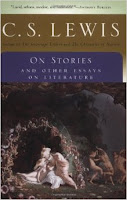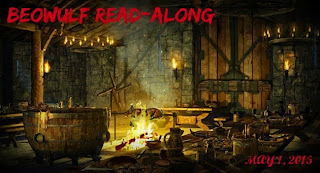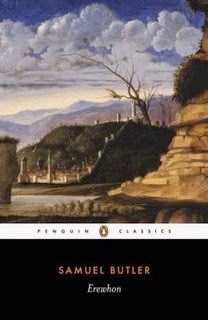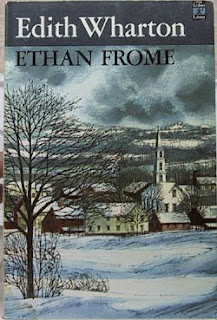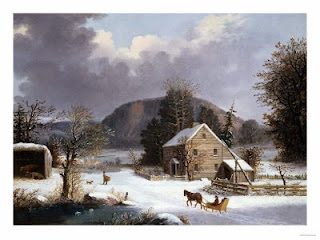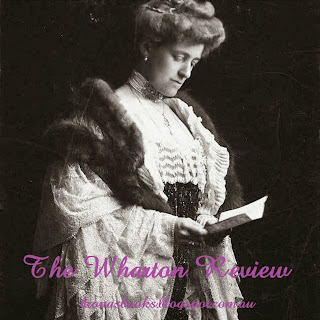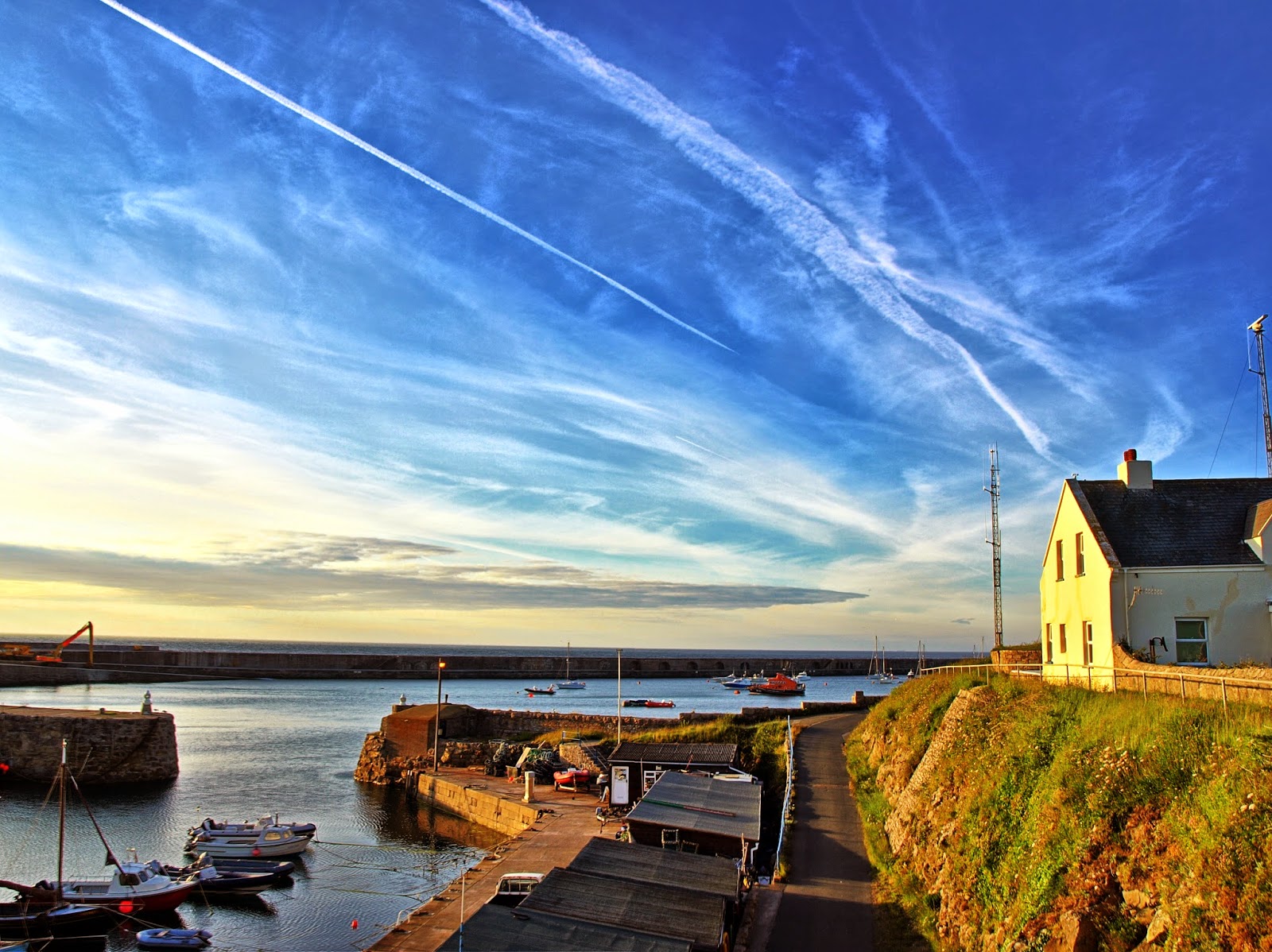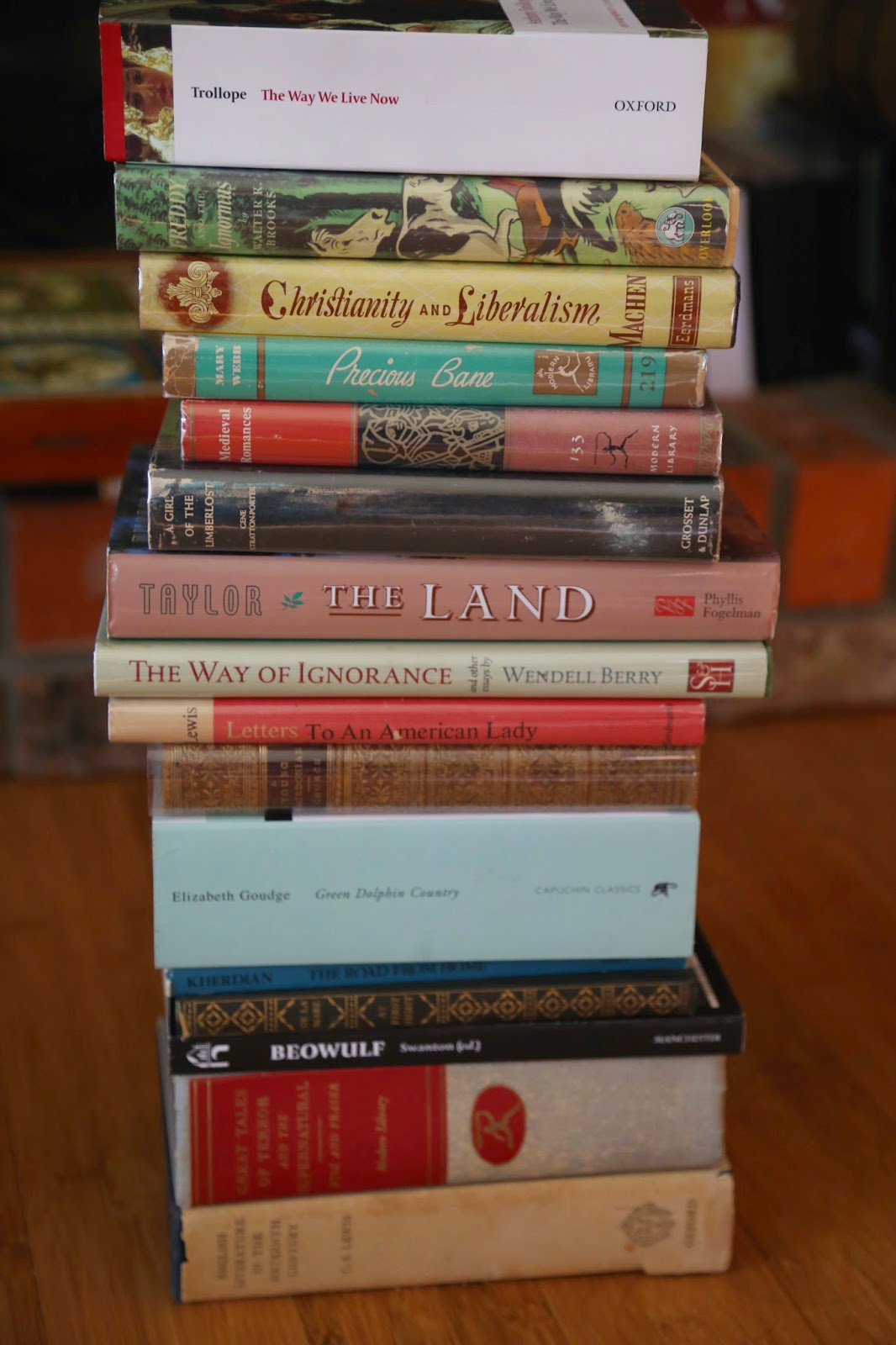Beowulf Read-Along
Week 3 – May 17 – 24; Lines 1251 – 2199
____________________________________________
VOCABULARY
kesh: causeway or log bridge
bulwark: a solid wall-like structure
brehon: ancient Irish lawyer or judge
thane: warrior, follower, servant
damascene: decorated sword or steel with peculiar markings
sept: a family or group of families under a head
gorget: a piece of armour for defending the throat
_______________________________________
Quick Summary: However ………. joy and celebration come too soon to Heorot, as Grendel’s mother arrives to reek vengeance for the death of her son. She carries away Hrothgar’s most trusted warrior and friend, Aeschere, and so the Geats and the Danes are off in pursuit. They come to a lake writhing with serpents and sea creatures, and Beowulf volunteers to attempt to kill the monster. He swims for nearly a day until he is caught in the grasp of the dam and taken to her cavern, where the blade Unferth gave him fails and he is forced to take a different one from the wall to complete the killing. To everyone’s shock, Beowulf emerges from the water victorious. He is once again celebrated, and there are stories told which are intended to instruct character. The Geats return to their king and Beowulf relates his adventures.
_______________________________________
Lines 1251 – 1441
And so Grendel’s mother comes to Heorot to avenge his death and leaves with her son’s arm and one of Hrothgar’s most trusted friends.
Again we see the theme of winning glory as the highest goal in life: ” ….. It is always better to avenge dear ones than to indulge in mourning. For every one of us, living in this world means waiting for our end. Let whoever can win glory before death. When a warrior is gone, that will be his best and only bulwark……” So it is not only vengeance that is called for, but the desire to win fame for oneself. (Line 1384-1389)
It is curious that Beowulf almost chastizes Hrothgar at the end of this section: ” …… Endure your troubles to-day. Bear up and be the man I expect you to be ….” Do I sense a frustration on Beowulf’s part with Hrothgar’s lack of action? Not at all the way I would expect someone to talk to a king, and I think it shows the power Beowulf wields over him. (Line 1395-1396)
What an effective scene where they come upon Aeschere’s head at the foot of the cliff and then see the water surging with different kinds of reptiles, and sea-dragons and monsters “slouching on slopes by the cliff”. I wonder what a sea-dragon looks like …… Perhaps like this:
Lines 1442 – 1491
Now comes one of the parts that fascinate me; Unferth lends Beowulf his sword, Hrunting, which has never failed in battle. ” …. (he – Unferth) could hardly have remembered the ranting speech he had made in his cups. He was not man enough to face the turmoil of a fight under water and the risk of his life. So there he lost fame and repute ….” So it is reasonably obvious that Unferth has altered his original opinion of Beowulf after seeing his defeat of Grendel, gaining a healthy respect for him and even lending him his precious sword. It also appears as if a warrior’s reputation is like a bank account; every time he performs an heroic feat, he makes a deposit of glory but every time he shows an act of cowardice, glory is withdrawn. In this instance, one act of cowardice seems to clear his whole account! (Line 1455-1491)
Then we see Beowulf not only take the sword, Hrunting, but he then bequeaths his own sword to Unferth if he does not return. This is uncommon courtesy shown to a man who did nothing but taunt and jeer at him when he first came to Heorot. He should have killed Unferth for his insults, yet he shows a tolerance and then a grace that is quite perplexing given the society in which he lives, and yet is quite appealing.
” ….. With Hrunting I shall gain glory or die! …..” Hmmm …… we shall see …… (Line 1491)
Lines 1492 – 1650
” ….. then (he) heaved his war-sword and swung his arm: the decorated blade came down ringing and singing on her head. But he soon found his battle-torch extinguished: the shining blade refused to bite. It spared her and failed the man in his need. It had gone through many hand-to-hand fights, had hewed the armour and helmets of the doomed, but here at last the fabulous powers of that heirloom failed …..” (Line 1520-1528)
So Unferth’s sword proves of no use to him. I wonder why he decided to use a sword on Grendel’s mother but not on Grendel? Did he feel she would be easier to kill? Had he earned enough glory with killing Grendel and did not need to earn such overwhelming renown? I can’t even guess the answer to this one.
But finally he finds a sword in Grendel’s mother’s den that does the trick and he lops off her head. He then finds Grendel and decapitates him before bringing his head to the surface.
Oh, the lack of faith of the Shieldings for Beowulf’s success. They all assume he is dead and skedaddle, but Beowulf’s thanes wait in hope and finally their hero emerges with Grendel’s head and the hilt of the sword.
So with this last act of Beowulf’s, ” …. his courage was proven, his glory was secure …..” Can he not lose his glory now because of these amazing feats of courage and bravery? A deposit that cannot be decreased?? (Line 1646)
Lines 1651 – 1790
Beowulf returns to Heorot to explain what happened during his sojourn into the depths of the waters after Grendel’s mother, and afterwards Hrothgar launches into a very long speech. It includes:
…. Hrothgar’s values: ” …. A protector of his people, pledged to uphold truth, justice and to respect tradition …..” (Line 1700-1701)
….. Beowulf’s character: ” ….. In all things you are even-tempered, prudent and resolute ……” (Line 1705-1706)
…… Hrothgar tells the story of King Heremod and contrasts him with Beowulf. He instructs Beowulf to, ” ….. learn from this and understand true values. I who tell you have wintered into wisdom …..” He follows this story with a cautionary monologue on the dangers of power without generosity and gratitude, and gives his own situation of an example of a journey from power to grief and helplessness. He exhorts Beowulf to live a life that is not focussed on material possessions or “external rewards”. Is he suggesting he concentrate on an internal building of character? Hmmm ….. doesn’t sound like advice from a king of a culture whose status is built upon winning glory and spoils …….. (Line 1709-1768)
Lines 1791 – 1887
” …….. Then that stalwart fighter ordered Hrunting to be brought to Unferth, and bade Unferth take the sword and thanked him for lending it. He said he had found it a friend in battle and a powerful help; he put no blame on the blade’s cutting edge. He was a considerate man…..”
Wow! Again, Beowulf’s actions appear to be outside the cultural norm. He thanked him and then lied about the degree of help the sword had been to him to spare Unferth’s feelings?! He certainly shows a consideration that defies explanation, especially after Unferth had originally mocked and challenged him. (Lines 1807 – 1812)
Hrothgar says more kind words regarding Beowulf and there is a foreshadowing when he says: ” ….. and you are still alive, then I firmly believe the seafaring Geats won’t find a man worthier of acclaim as their king and defender than you, if only you would undertake the lordship of your homeland……”It appears that Beowulf has not only won glory but also Hrothgar’s backing if ever an opportunity arises for him to become king of the Geats. (Lines 1849-1853)
We saw Wealhtheow, Hrothgar’s queen, being a peace-weaver in the last section as she pleaded for Beowulf’s consideration for her sons, but we see a similar attribution given to Beowulf: “ …… What you have done is to draw two peoples, the Geat nation and us neighbouring Danes, into shared peace and a pact of friendship in spite of hatreds we have harboured in the past ……” Beowulf, too, is a peace-weaver. He has made peace with Unferth, Hrothgar and the Danes, and his own version of peace with Grendel and his dame. (Lines 1855-1857)
This was such a lovely part of the poem:
” …. And so the good and grey-haired Dane, that high-born king, kissed Beowulf and embraced his neck, then broke down in sudden tears. Two forebodings disturbed him in his wisdom, but one was stronger: nevermore would they meet each other face to face. And such was his affection that he could not help being overcome: his fondness for the man was so deep-founded, it warmed his heart and wound the heartstrings tight in his breast ……” and ” …… He was a peerless king until old age sapped his strength and did him mortal harm, as it has done so many …..”Again, Beowulf could have brought war to Hrothgar in his weakness and taken over his kingdom but instead he assisted him and won a friend and ally. However, we didn’t find out what the second thought that disturbed Hrothgar was, did we? (Lines 1870 – 1887)
Lines 1888 – 2199
The Geats appear to have a quick sail home, Beowulf brings his treasure to King Hygelac and Queen Hygd, we hear a story about Queen Modthryth, who is harsh and quick to deal punishment, until she is married to Offa whose influence appears to have worked great improvement in her character. Again, I’m not quite sure as to the purpose of the interposed story. Perhaps simply a contrast of queens; how one should act (as a peace-weaver) and how one should not act (as a tyrant).
When Beowulf meets Hygelac, the king of the Geats says: “….. Did you help Hrothgar much in the end? Could you ease the prince of his well-known troubles? Your undertaking cast my spirits down, I dreaded the outcome of your expedition and pleaded with you long and hard to leave the killer be, let the South-Danes settle their own blood-feud with Grendel ……” Two points strike me here; first, all the peoples appeared to well know the problems and tragedy that Hrothgar faced with Grendel, yet no one was willing to help except Beowulf. I also noted that Beowulf went against his king’s wishes when he sailed for Heorot, and I think this infers his position was a well-respected and honoured one if he was allowed to do as he wished without the approval of the king. However, later it says the king originally did not think much of him so perhaps it is simply that Hygelac does not value Beowulf and therefore, does not really care what he does …..??? (Lines 1990 – 1998)
Beowulf begins to recount his tale but deviates from his story and begins to prophesy about the marriage of Hrothgar’s daughter and the tragedy that will happen, once again in the good, old blood-feud fashion. (Lines 2020 – 2068)
I was fascinated that Beowulf declined to go into detail about his heroic exploits: ” ….. It would take too long to tell how I repaid the terror of the land for every life he took and so won credit for you, my king and for all your people ……” Shocking that he would miss a chance to build his glory in the eyes of others and put the focus on his king and people. (Lines 2092 – 2095)
” …… Thus Beowulf bore himself with valour; he was formidable in battle yet behaved with honour and took no advantage; never cut down a comrade who was drunk, kept his temper and, warrior that he was, watched and controlled his God-sent strength and his outstanding natural powers. He had been poorly regarded for a long time, was taken by the Geats for less than he was worth: and their lord too had never much esteemed him in the mead-hall. They firmly believed that he lacked force, that the prince was a weakling; but presently every affront to his deserving was reversed ….” (Line 2177-2189) Initially, the Geats did not appreciate his virtues of consideration, kindness, empathy and temperance because they did not fit with their society and they did not understand them, but when these virtues were coupled with bravery, courage, and force of action, he finally got the recognition he deserved. Yet Beowulf appears to be a new type of warrior, a new type of person foreshadowing a new type of society. What do the rest of you think?
Week 4 starting post will go up on May 24th!


